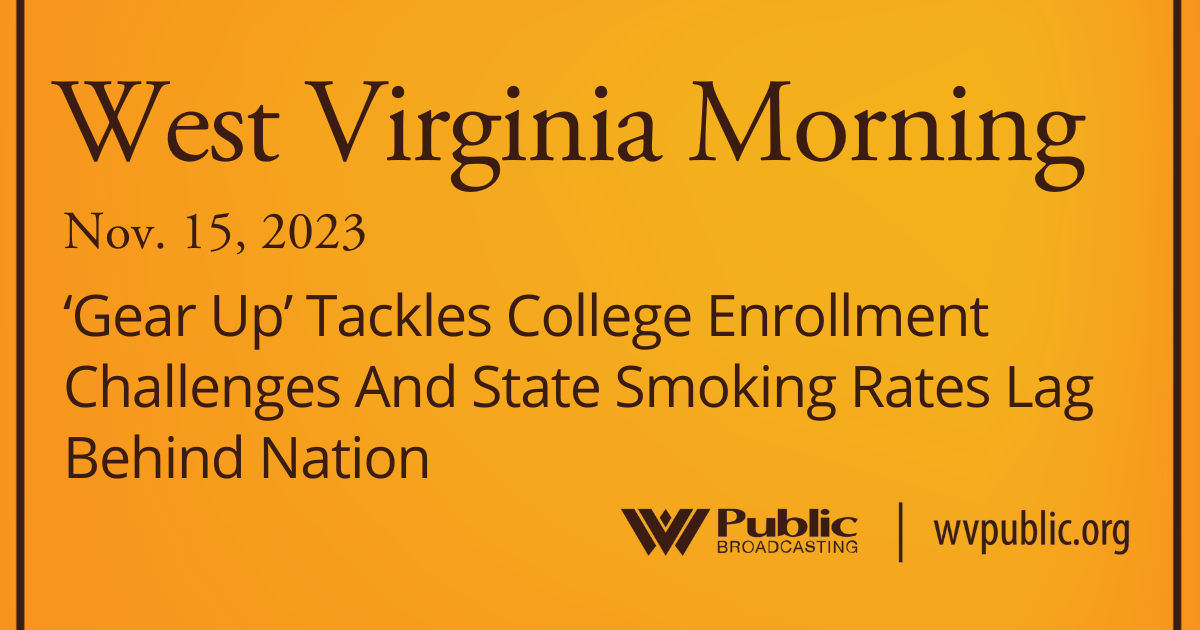A West Virginia University professor is part of a team that is leading a national effort to help adults quit smoking.
A West Virginia University (WVU) professor is part of a team that is leading a national effort to help adults quit smoking.
Peter Giacobbi is a professor in the College of Applied Human Sciences and a member of the WVU School of Public Health. Giacobbi, in collaboration with research colleagues from the University of Arizona, the Roswell Park Comprehensive Cancer Center in Buffalo, New York and WV First Choice Services have launched the Be Smoke Free project.
According to the West Virginia Division of Tobacco Prevention, about one in four West Virginians smoke cigarettes and more than 4,000 West Virginians die from smoking-related illnesses each year.
“Here in West Virginia, you know, the one thing that can really decrease smoking rates is making these products more expensive,” Giacobbi said. “And so that’s really a policy decision that our lawmakers have to really be focused on really taxing these products more. It has been shown that, that reduces rates the most.”
Until that happens, the goal of the Be Smoke Free program is to help smokers stop using tobacco and live healthier lives.
“It’s a six week study with six coaching phone calls, they get referred to our tobacco specialists who are actually physically located in Arizona,” Giacobbi said. “And they can get up to four weeks of nicotine patches or lozenges at no cost as part of this and up to $100 for completing the study.”
The team will recruit 1,200 smokers during the next three years to participate in the program, including 400 from West Virginia to participate in this study, funded by the National Institutes of Health (NIH) after a successful pilot program.
“We’ve been successful with the pilot that we conducted that led to this bigger grant funded by NIH, to really make a rigorously controlled study to make stronger and more clear conclusions,” Giacobbi said. “It took us a year to plan this study and we’ve launched it in the past year.”
The Be Smoke Free project will work in coordination with the West Virginia Tobacco Quitline, a service that provides free telephone support to individuals trying to stop using tobacco products.
“I will say with smoking cessation, there are very high rates of relapse. And the best evidence that I know of out there combines coaching with the use of lozenges or nicotine patches, and these telephone quitlines work pretty well,” Giacobbi said. “Cold turkey can work for some people, but I think the scientific evidence out there shows that the combination of using nicotine patches or lozenges with telephone quitlines is one of the best ways to approach this.”
To learn more about the Be Smoke Free program or to enroll, visit the project website at https://besmokefreestudy.org, email besmokefree@arizona.edu, or call 520-621-0458.
